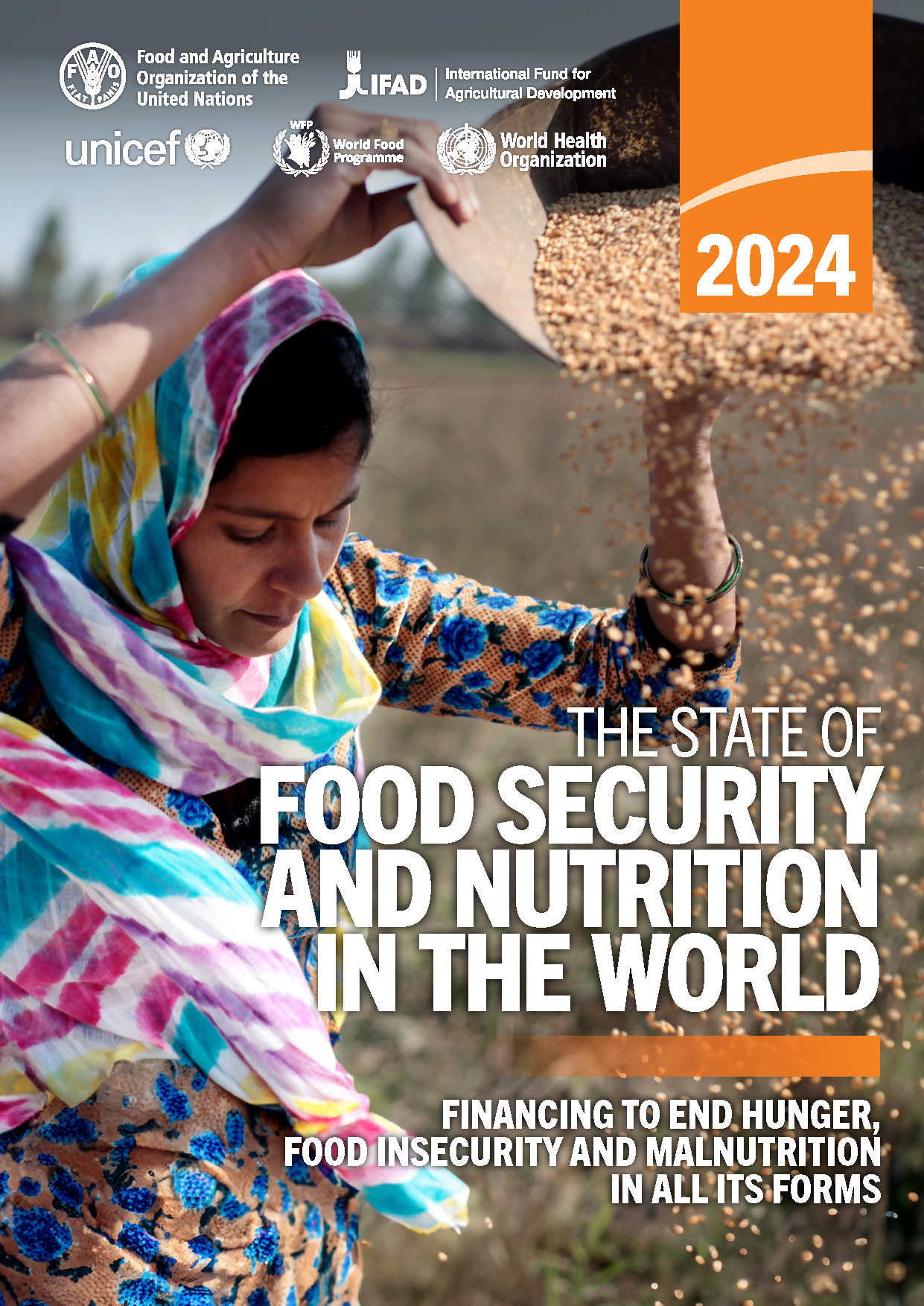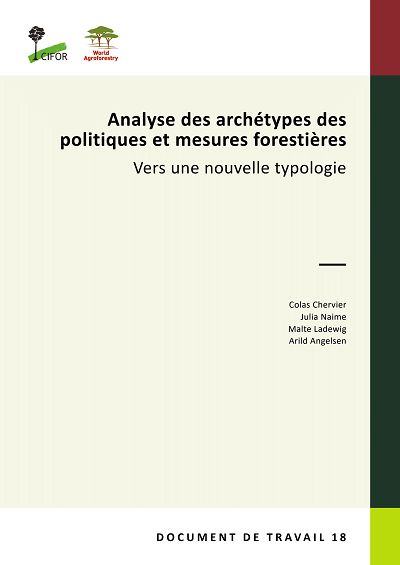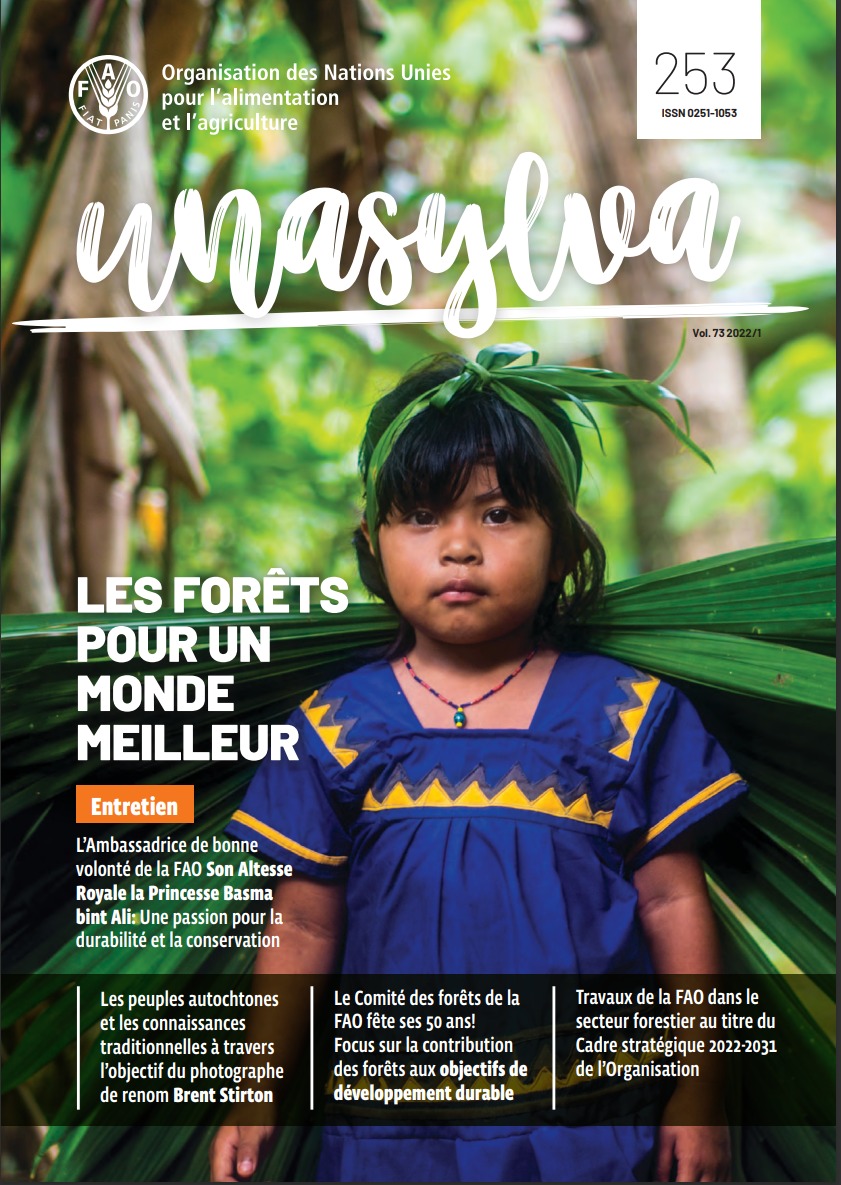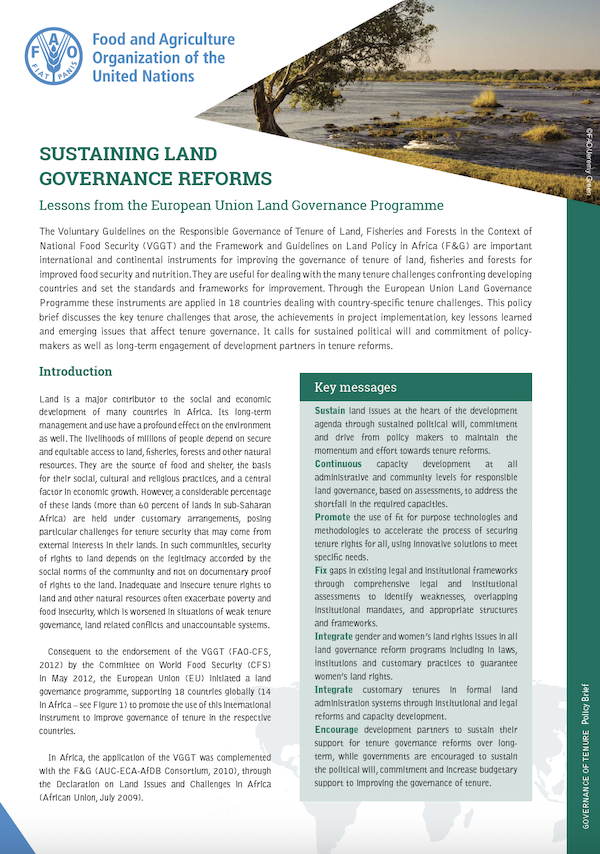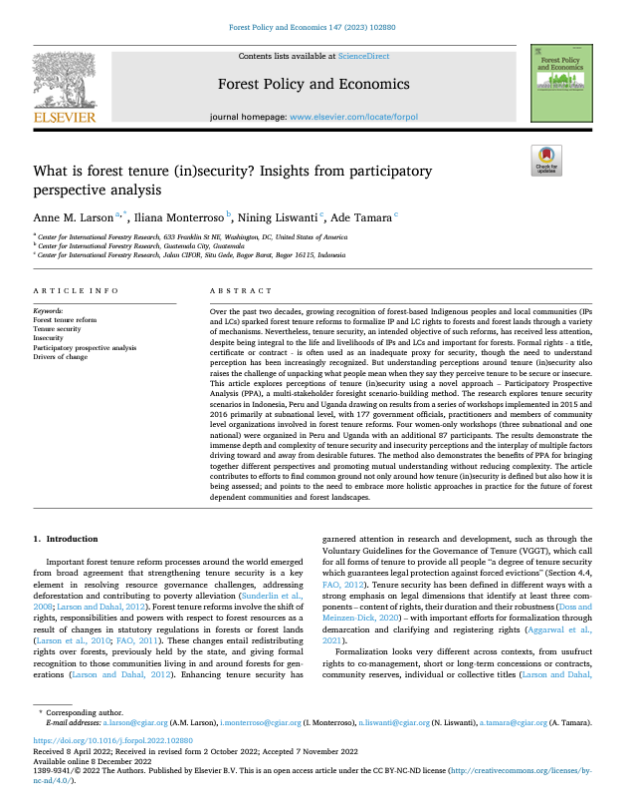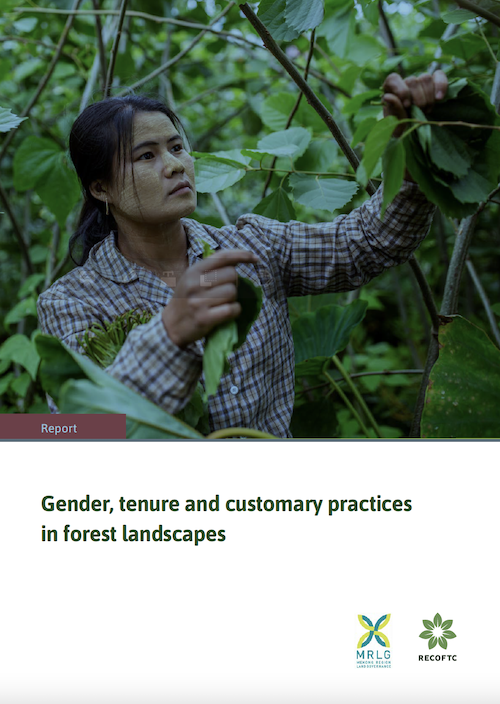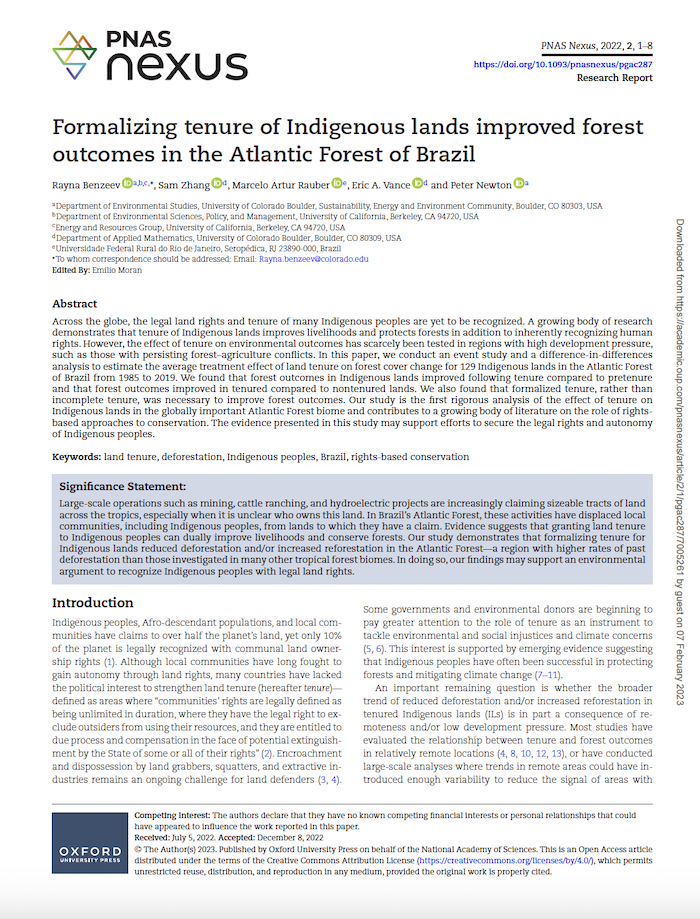Benin -Country Forest Note
Country Forest Notes (CFNs) are a centerpiece of the World Bank Group’s Forest Action Plan (FY16–20) and Climate Change Action Plan (2016–2020). They provide a thorough assessment of the current status of forests, the forestry sector, and the investment needs to sustainably manage this valuable renewable natural resource.

